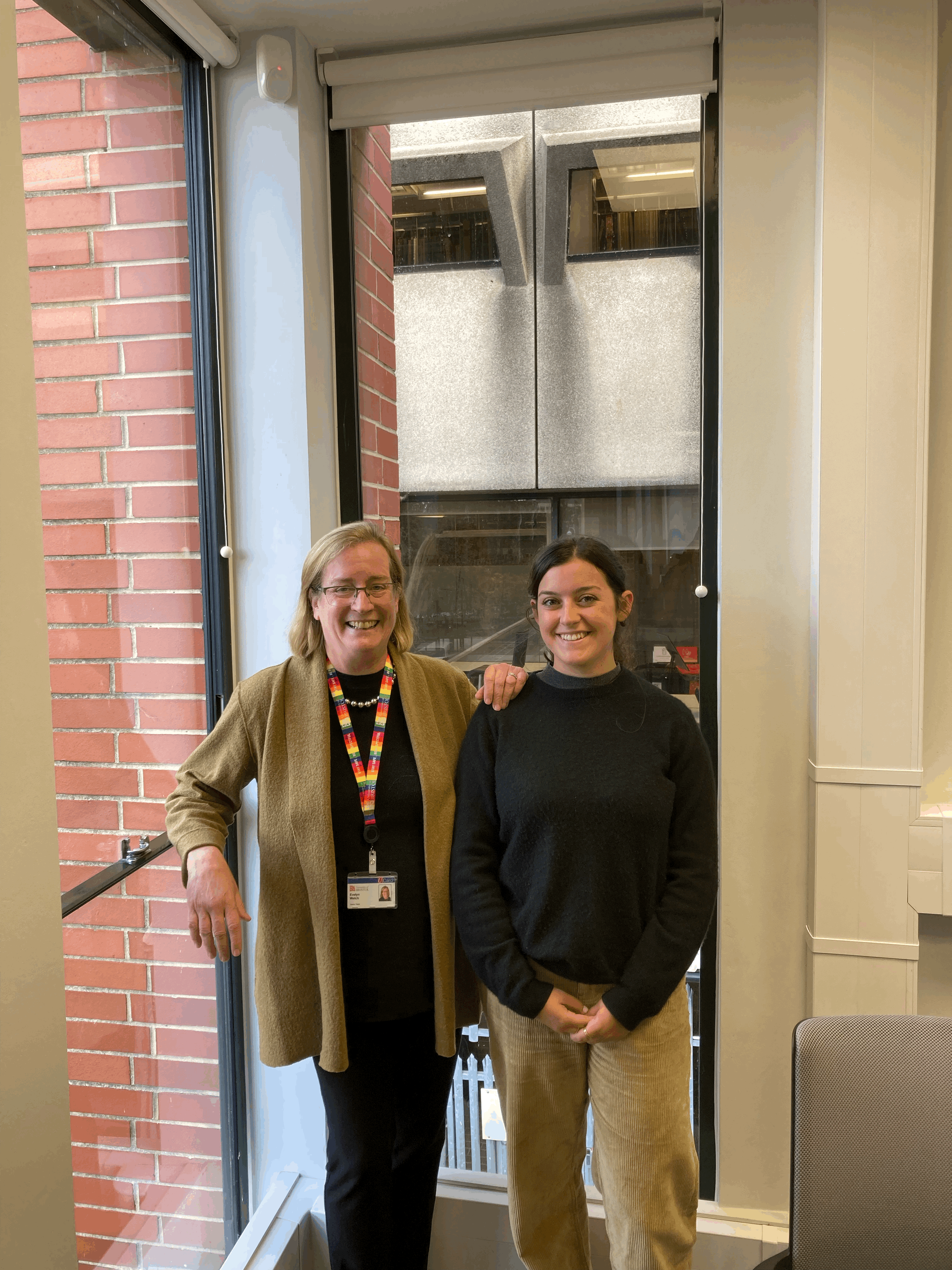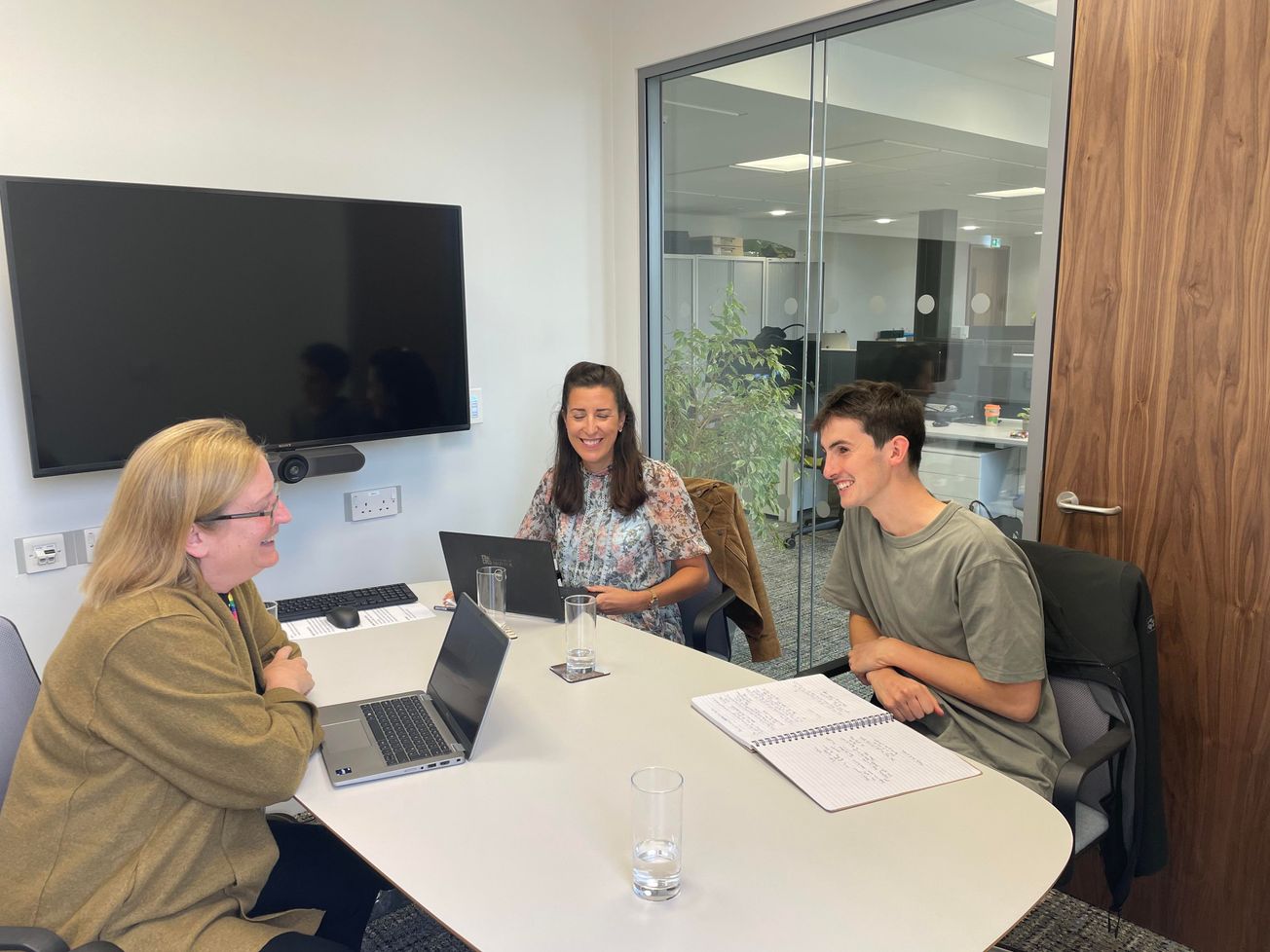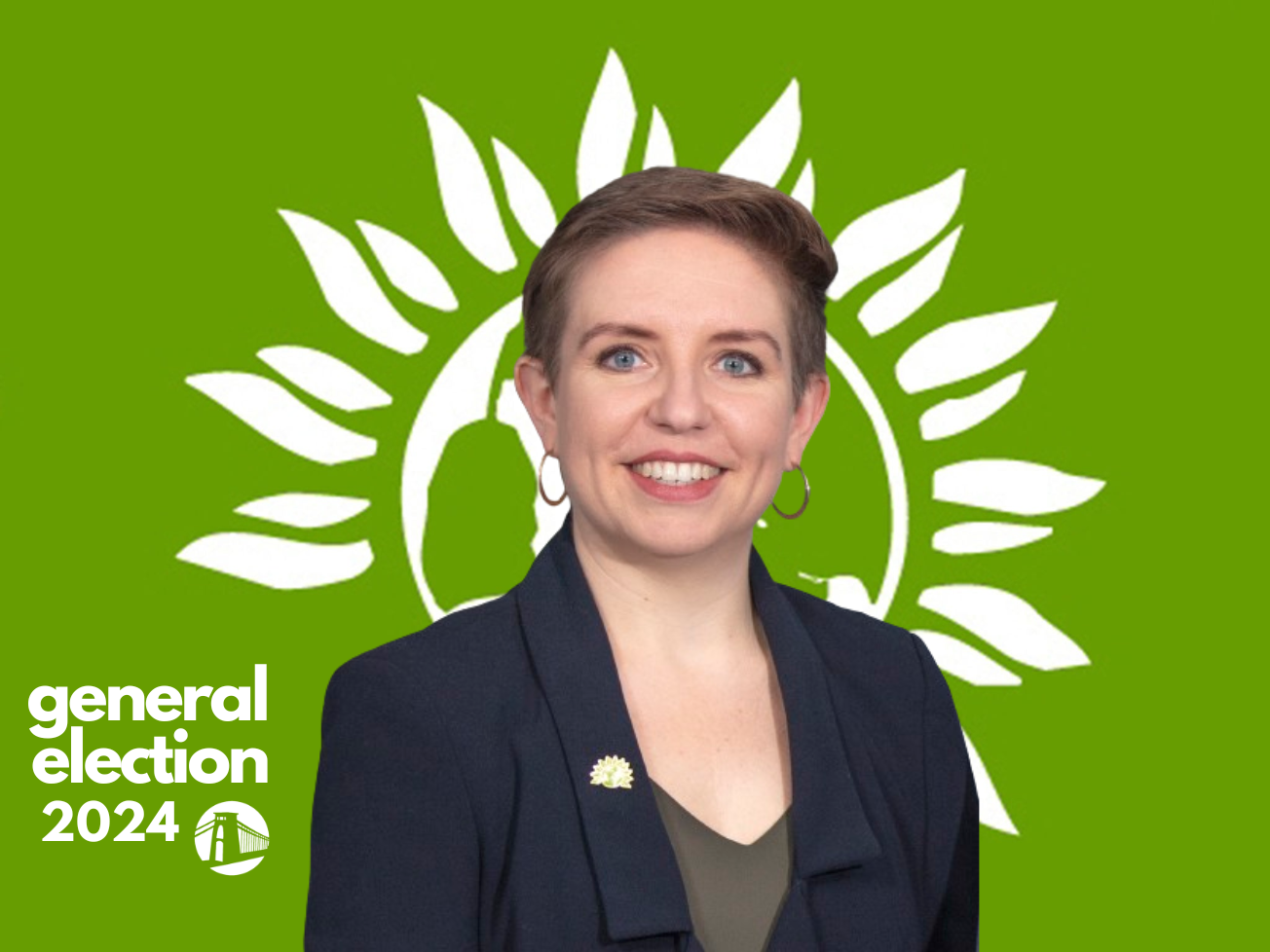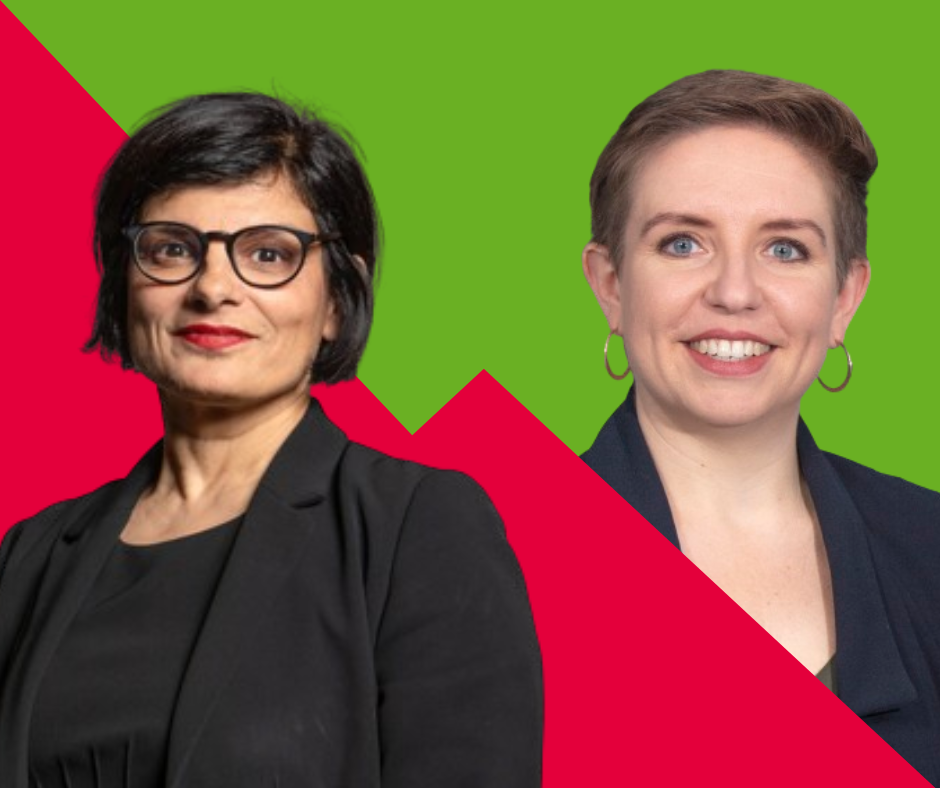Mark Ross, Co-Editor-in-Chief and Lena Stein, Deputy News Editor
Epigram sits down with UoB’s new Vice-Chancellor to discuss the cost of living, accommodation, and feminism.
At the beginning of September, Professor Evelyn Welch began her new role as Vice-Chancellor of the University of Bristol. She arrived from King’s College London, where she served as interim president, and brings a wealth of experience from other leadership roles at the University of Sussex and Queen Mary, University of London.
Professor Welch hails from the United States where she studied Renaissance History and Literature at Harvard University. She holds a PhD from the Warberg institute and was awarded an MBE for services to higher education and the creative economy.
So the move from @KingsCollegeLon to @BristolUni has gone smoothly. Thank you to everyone who lent a helping hand yesterday and made us so welcome in our new city. Looking forward to Monday! pic.twitter.com/v1s3P87l8h
— Evelyn Welch (@evelynwelch2013) September 3, 2022
Sitting in the new VC’s offices, which she moved from Senate House to be closer to students, Epigram quizzes Professor Welch on her plans for the University. With a CV as decorated as hers, why did she choose to come to Bristol, when she could have presumably found a job anywhere else?
EW: ‘Bristol is the best! It has a unique combination of being an exceptional university in an exceptional city.
Bristol has done remarkable work around public health, in collaboration with the city, with the local NHS, with GPs, in terms of truly bringing, for example, climate change health, reproductive health and our research together.
That’s just one of 101 examples of how the University and the city have collaborated to take research and education out of the classroom and into the city, back into the community. This is unique…and exciting’
When asked about her top priorities, Welch continues to focus on the link between the city, university, and students. She prefaces her response by assuring Epigram that she refuses to ‘Parachute in and tell you how to run the place’, and that her first task is ‘to listen and learn from broader community’.
'I can guarantee that freshers will not be housed in Newport'
She goes on to list her top challenges as ‘people, place, and money’.
EW: ‘People only have so much time. We are dependent on the staff and students. So, we need to respond to challenges about workload for both.
We are a community…we need to have that collective conversation about how we really support each other’.
Here, Professor Welch uses the example of the Barton Hill Micro-Campus. This is a university initiative to work collaboratively with communities in East Bristol through offering educational and support services to locals.
Projects such as this underpin Welch’s vision of the University as part of the community, rather than as an isolated institution.

As for space, Welch discusses the need to invest in our buildings and facilities to create the best ‘physical and digital environment’ for our students.
The VC’s third challenge is money. The University, like the rest of us, is facing financial pressures.
Due to inflation, ‘What bought £9,250 two years ago now only buys around £6,600’.
Epigram follows up by asking, if you want to invest in buildings, and look after students, but your finances are increasingly squeezed, will cuts be made, potentially harming our education?
'I know how important it is to have role models and to demonstrate the leadership comes with many voices'
Welch reaffirms that ‘The quality of your education is absolutely paramount.’
She segues into discussing online learning, and the role that this cost cutting technique can play in universities.
EW: ‘We’ve got to ask - what is quality? How do we define it? Is it sitting in a lecture theatre with three hundred people or is it watching a lecture in your own time and, for example, not having any commuting costs?
She cites the experience of her daughter, the eponymous singer of Florence and the Machine, with the music industry as an example of how online and in-person learning can be mutually complimentary.
EW: I’ve got a famous daughter - I don’t normally talk about her – in the music industry…in that case, learning lyrics and song…and sharing and commenting online... creates a community, so that when you do come together in person, it’s so exciting…because you know what you are there for.
When Epigram asks if she sees a future where all learning is online, Welch responds resolutely.
EW: 'Bristol is a place. A place where you come to make friends, have dinners in your kitchen…it will always be a place.
We offer fully online programmes for those who cannot make it to the city, such as those working full time or living in other regions. However, certainly in the next five years, I don’t see that being Bristol’s major offering.'
We are thrilled to announce Prof Evelyn Welch will be our new Vice-Chancellor – the first woman to hold this role 🎉
— University of Bristol (@BristolUni) March 22, 2022
She said: “I am excited about the University’s new strategy & proud to be the first woman to lead such an outstanding institution.”
👉🏽 https://t.co/SvOZU286Kj pic.twitter.com/jQhDssCad6
We switch to the topic of the cost-of-living crisis and ask how big a role the University should play in helping students in need.
Professor Welch is adamant that the University should play a ‘Major role’ in supporting any student who is facing financial, social, and emotional challenges.
She proceeds to explain the measures taken by the University to manage the crisis, most notably the expansion of the University’s ‘Hardship fund’. She is also working with the SU to streamline the application process for this resource.
The fund provides ‘Financial assistance to help support students who may need additional funding support whilst they study’.
Epigram follows this up by enquiring about accommodation. We ask whether past troubles, such as students being housed in Newport due to housing shortages, will be avoided this year. Professor Welch’s response will reassure many first years: ‘I can guarantee that freshers will not be housed in Newport’.
For non-fresher’s accommodation, the VC mentions that those struggling with accommodation should speak to the SU’s ‘World class’ housing service.

With financial and social worries aplenty, how does she plan do improve mental health and wellbeing services for students?
EW: ‘The approach that Bristol has taken is absolutely in line with what has been recommended by experts which is a whole of university approach. Where you aren’t coming in at the end of a moment of crisis, but actually working with students to prevent these crises from ever arising.
About 300 members of staff employed to look after mental health and wellbeing. That is significantly higher than in other institutions.’
After further research, Epigram discovered that the University has indeed invested heavily in wellbeing services. For example, it has created ‘one at a time’ counselling, which has reduced waiting times, and created ‘Wellbeing Access’ as a single clear route to wellbeing support.
To round of an eclectic mix of questions, Epigram enquires about the significance of Professor Welch being the first female VC in the University of Bristol’s 107 year history.
EW: ‘I feel a huge responsibility. I’ve always been the lead for gender equality in the institution where I’ve served in the past 25 years. And I know how important it is to have role models and to demonstrate the leadership comes with many voices.
I need to find a way of saying not just other women can do this, but anyone who wants to take a leadership style which actually is truly in their own voice, instead of a ‘cookie cutter’ of what a Vice Chancellor should look like. So that people think ‘if she can do it, I can do it’
We follow up by asking her about her female role models.
EW: ‘Julia Gillard, the first female PM of Australia. 10 years ago, she made a speech in parliament in Australia on misogyny. I found her inspirational. And she introduced me to Hillary Clinton, who I also found very inspirational!
Then, we had dinner with Theresa May, who had an amazing sense of humour!
We discussed the way that, as a female leader you are held to different standards [than male leaders]. About how the media made comments about your clothes, your weight, your hair, your voice, things they’d never discuss about a male leader’
And this star-studded anecdote brings our chat with the new Vice Chancellor to an end.
After only handful of days in the role, the death of a monarch and a host of crises, Vice-Chancellor Welch is a remarkably well informed and organised individual. Epigram looks forward to monitoring her progress and holding her offices to account as we begin her first academic year in office.
Welcome Professor Welch, and good luck!
What do you think the new VC's priorities should be? Let us know on Instagram @Epigrampaper_







